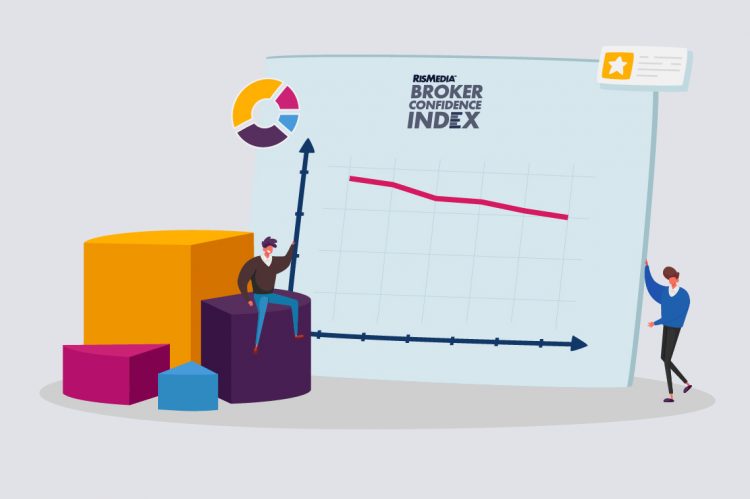Where is the light at the end of the tunnel?
The Case for a Better Brokerage Brand: Why Pre-Sale Improvements Matter
In the highly competitive world of real estate, brand reputation and differentiation is everything. As leaders of large brokerage firms, you understand that every home you sell becomes a reflection of your brand. Read more.
Business Tip of the Day provided by
Categories
The Most Important Real Estate News & Events
Click below to receive the latest real estate news and events directly to your inbox.
By signing up, you agree to our TOS and Privacy Policy.













